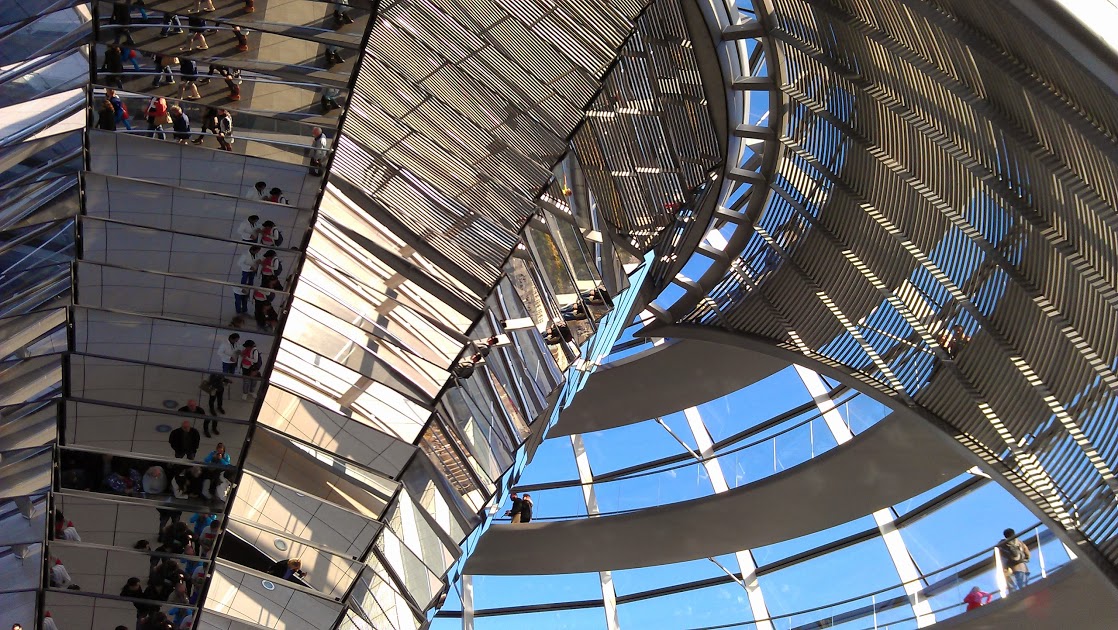
This weekend the kids at our Saturday English School (SES) program had turkey for the very first time. We told them it was chicken…really large chicken. They had just arrived to the US this year, this was their very first Thanksgiving celebration, and turkey is a weird meat that they were not going to touch. After they eat the turkey and like it, we then say, “Ha ha, you just ate turkey and you liked it!” That’s how VFA rolls, following the motto for the SES program: “Curiosity, Perseverance, Deception.”
Over 120 kids showed up, middle and high-schoolers from all over the world. The program, done in partnership with Seattle World School (SWS) serves over 15 languages. I stood near the door and scanned the room, inspired by the students, some of whom take two buses to get to our program each week.





 Hi everyone. I am so exhausted. I don’t think I have thought this intensely for this long a period of time since, I don’t know, maybe the first season of Game of Thrones. I am now in Serbia in the city of Belgrade, some place that I never thought I would be. No one really says, “I want to go to Serbia for vacation” or “We’re going to Serbia for our honeymoon” or “Congratulations, you just won a free trip to Serbia!”
Hi everyone. I am so exhausted. I don’t think I have thought this intensely for this long a period of time since, I don’t know, maybe the first season of Game of Thrones. I am now in Serbia in the city of Belgrade, some place that I never thought I would be. No one really says, “I want to go to Serbia for vacation” or “We’re going to Serbia for our honeymoon” or “Congratulations, you just won a free trip to Serbia!”